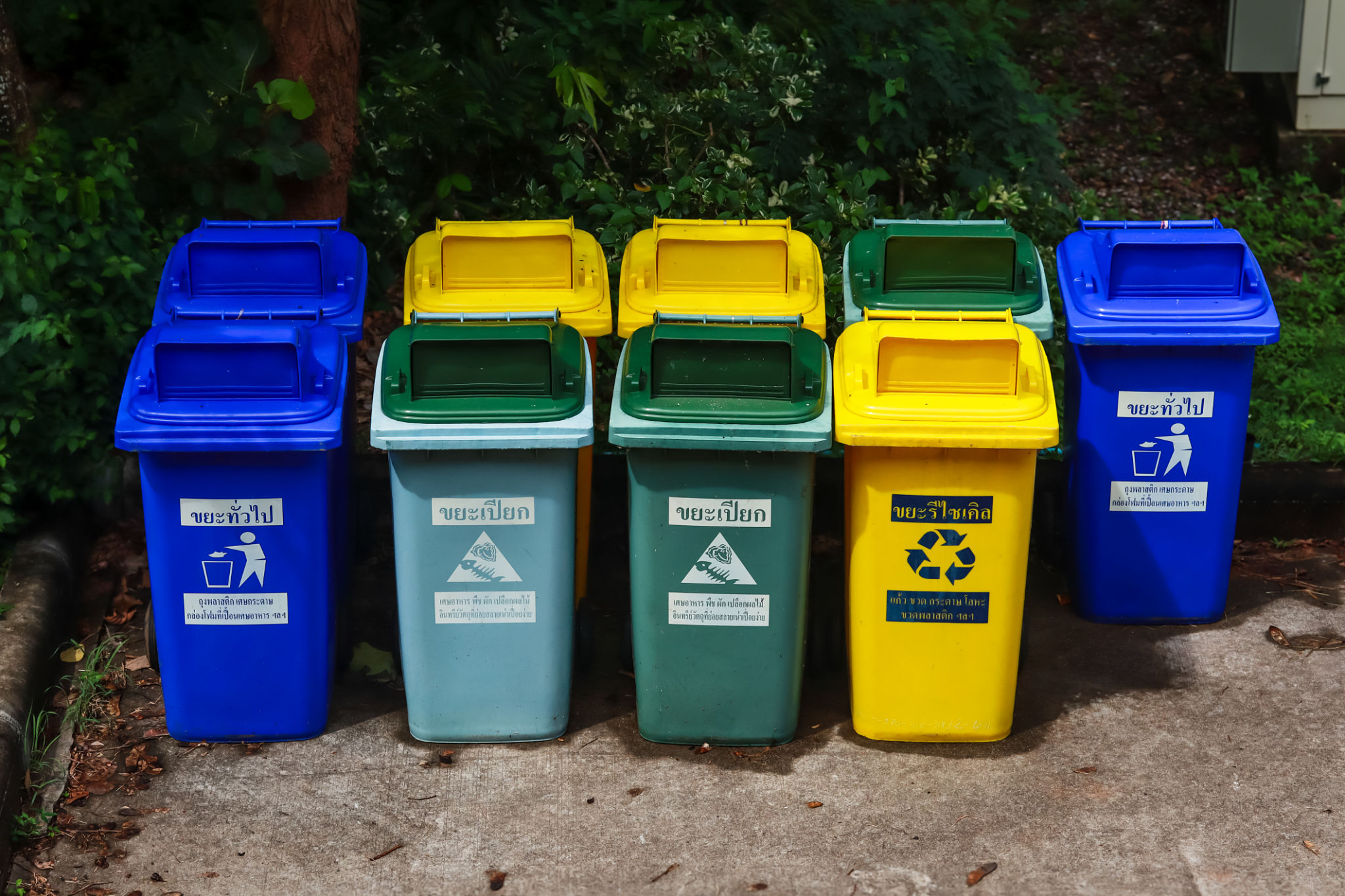How to Prepare Your Business for Seasonal Waste Disposal in Central Luzon
Understanding the Importance of Seasonal Waste Management
As a business owner in Central Luzon, understanding the significance of proper waste disposal is crucial, especially during peak seasons. With increased activity and customer footfall, waste generation can skyrocket, potentially leading to logistical challenges. Properly managing this waste is not only a compliance issue but also an environmental responsibility that can positively impact your brand image.
Seasonal waste management involves planning and implementing strategies to efficiently handle increased waste volumes during specific times of the year. This proactive approach can help avoid disruptions and ensure smooth operations, even during the busiest periods.

Identifying Peak Seasons for Your Business
To effectively prepare for seasonal waste disposal, it's essential to identify the peak seasons for your business. This can vary depending on the industry, location, and customer base. Retailers might see a surge during holiday seasons, while agricultural businesses may experience peak waste production during harvest times.
Analyzing historical sales data and customer traffic can help pinpoint these busy periods. This data-driven approach will enable you to anticipate waste management needs and allocate resources efficiently. By understanding your business's unique patterns, you can better prepare for any challenges that peak seasons might bring.

Developing a Comprehensive Waste Disposal Plan
Once you've identified your peak seasons, the next step is to develop a comprehensive waste disposal plan. This plan should include strategies for managing increased waste volumes and ensuring compliance with local regulations. Start by evaluating your current waste management practices and identifying areas for improvement.
Consider the following steps to enhance your waste disposal plan:
- Assess Waste Types: Differentiate between recyclable, non-recyclable, and hazardous waste to streamline disposal processes.
- Partner with Waste Disposal Services: Collaborate with reputable waste management companies to ensure timely and efficient waste collection.
- Implement Waste Reduction Initiatives: Encourage practices such as recycling and composting among staff to minimize waste generation.
An effective plan not only prepares your business for seasonal changes but also aligns with sustainability goals, enhancing your corporate responsibility profile.
Training and Engaging Employees
Your employees play a crucial role in the success of your seasonal waste management strategy. Training and engaging them in best practices can significantly improve efficiency. Provide training sessions to educate staff about proper waste segregation, recycling procedures, and the importance of compliance with waste management policies.
Consider setting up incentive programs to encourage participation and reward employees who actively contribute to reducing waste. Engaged employees are more likely to take ownership of the process, leading to a more organized and effective approach.

Monitoring and Evaluation
Once your waste disposal plan is in place, ongoing monitoring and evaluation are essential to ensure its effectiveness. Regularly review your waste management practices and adjust strategies as needed. Collect feedback from employees and partners to identify areas for improvement and celebrate successes.
Utilize technology to track waste generation and disposal patterns. Data analytics can provide valuable insights into trends and help you make informed decisions for future planning. A continuous improvement mindset will keep your business adaptable and ready for any seasonal changes.
Community Engagement and Environmental Responsibility
Finally, engaging with the local community can further enhance your seasonal waste management efforts. Partnering with community organizations for joint initiatives or awareness campaigns can amplify your impact and demonstrate your commitment to environmental responsibility.
By fostering a culture of sustainability both within your business and in the community, you not only contribute positively to the environment but also strengthen your brand reputation. Customers increasingly value businesses that prioritize eco-friendly practices, making this an investment in both the planet's future and your company's success.

